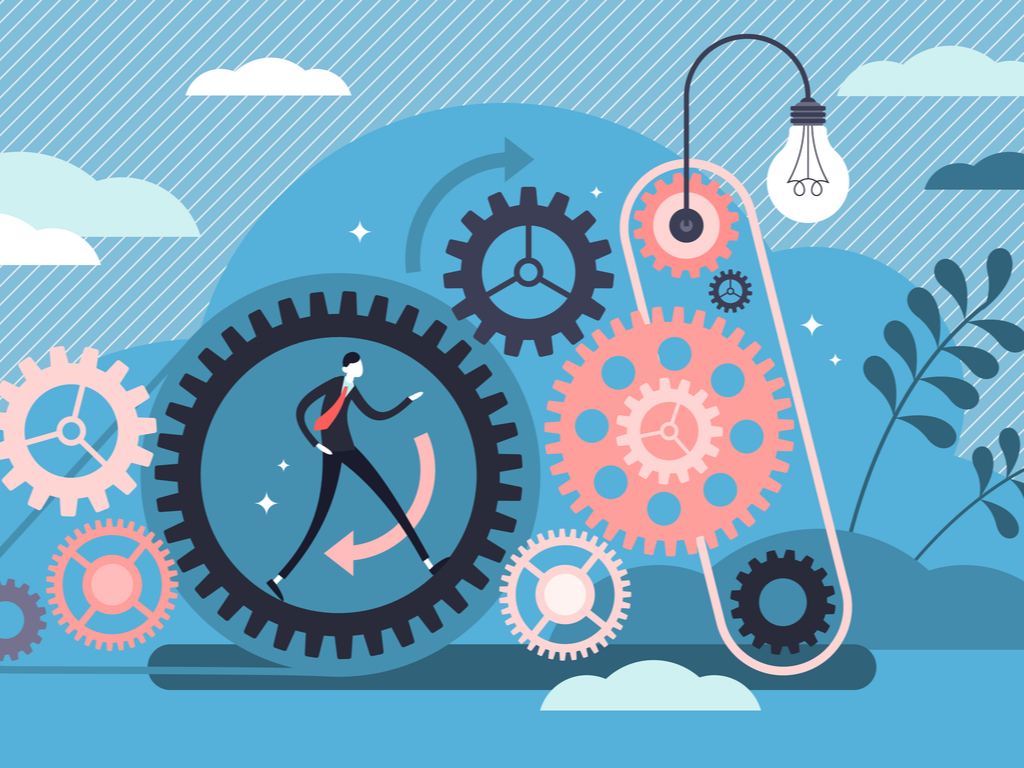
The hopelessness model of depression was developed about 25 years ago. According to Applied Social Psychology: Understanding and Addressing Social and Practical Problems, it is built around the theory that “positive life events and self-enhancing attributions” promote the feeling of hopefulness. Thus, the opposite brings on hopelessness and can lead to depression.
Our world is an uncertain place right now. The global pandemic has forced people into isolation, joblessness, financial ruin, and worse. The hopelessness model of depression applies to more people than ever now. Read on for important tips on how to combat hopelessness and depression.
The Hopelessness Model of Depression Explained
In this model, it’s theorized that there is an innate cognitive vulnerability present in some individuals. In essence, some people are predisposed to feelings of hopelessness because they’re wired that way.
When we’re faced with negative life events we feel things. In simple terms, when negative things happen, we feel negative feelings.
But, have you ever noticed that some people are better than others at moving through the negative feelings toward more positive ones? The difference may be that some people have a more negative outlook due to the cognitive vulnerability associated with hopelessness depression.
The bottom line is, some people focus on the negative, while others look for positive things to focus on.
Focused Energy Makes a Difference
Now, more than ever, it’s important for us all to focus on positive things in ourselves and our lives. When we focus our attention on learning new skills, building healthy habits, or making others feel good about themselves, we are not focusing on negativity.
Learning New Things (Like the Hopeless Model of Depression!)
Learning something new busies your mind, but it also leads to a sense of growth and accomplishment. We broaden our minds and our scope of understanding when we master new things.
Building Healthy Habits
The hopelessness model of depression helps us see that the way we view and think about ourselves plays an important role in our mental health. Inner thoughts and self-talk matter more than you may think.
Building healthy habits helps to push hopeless feelings away. Spending time on self care is important for feeling in control. Right now, so many things are out of our control. What we can control is ourselves, though. We can make good choices for ourselves. We can control what we eat, what we watch, what we say, our activity levels, and more.
Here’s an example of how being mindful of what you choose to spend your time doing can help with staving off feelings of hopelessness. There’s an outbreak of Covid at your place of work and your kids’ school. Your household is sent into lockdown again. You are feeling defeated and angry.
You can plant yourself in front of the tv watching news stories about all the Covid spikes, eating ice cream and drinking wine. Or you can turn off the tv, play board games with your kids, and then tackle that closet-organizing project you’ve been wanting to get to. You don’t have to focus on what you can’t do. Focus on what you can do and enjoy it.
Spread Positivity
You also have some influence in the world. Instead of spending time on social media looking for things you can argue about, say something nice about someone’s photo. When you’re real with people and show others kindness, it makes them feel good and is self-enhancing, too.
Conclusion on Hopelessness Model of Depression
The key to combating hopelessness is to first be aware. If you have trouble focusing on the positive, you can get help. Mental health professionals can teach you how to better your thinking and give you tools for steering away from hopelessness and depression.
